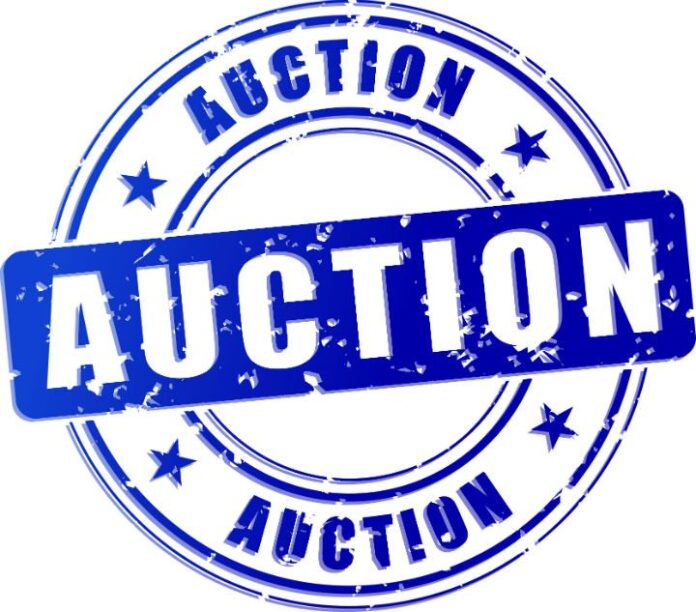Activity on most expensive licenses closed
The first round of bidding under the Federal Communications Commission’s revised schedule resulted in only a small decline in activity as overall Auction 97 bids neared $41 billion, or more than double the highest pre-event estimates of proceeds to be generated by the FCC spectrum auction.
This morning’s round 50, which was the first of six, 30-minute rounds scheduled for today, attracted 209 new bids totaling $134.7 million. The auction tacked on about $750 million in new bids since the opening round yesterday to further bolster its growing record haul.
The auction’s pricier licenses have attracted little activity over the past day, with the five licenses currently valued at more than $1 billion not seeing any new activity since Tuesday. The greatest amount of activity this morning saw three licenses each receive three new bids, including the B1-Block license centered on Davenport, Iowa ($982,000); the B1-Block license centered on Peoria, Ill. ($1.1 million); and the J-Block license centered on Joplin, Mo. ($1.3 million).
The paired licenses up for bid in Auction 97 include three 5×5 megahertz licenses (G-, H- and I-Blocks) and a single 10×10 megahertz license (J-Block). The G-Block licenses are carved into commercial market area-sized licenses, which total 734 licenses covering the country. The remaining blocks are economic area-sized that will total 176 licenses covering the country. The 15 megahertz of unpaired spectrum is split into two licenses, one with 5 megahertz of total spectrum parsed out on an EA basis, and the other with 10 megahertz of spectrum also in an EA configuration.
The activity would seem to indicate that perhaps the more expensive licenses have found their ceiling, with bidders now focusing on tapping into the less expensive options in order to fill their portfolios.
At the end of the latest round, only 11 of the 1,614 total licenses up for auction did not have a potential winning bid. Winning bidders will not be announced until the auction ends, with the auction set to continue until there are no new bids placed in a round.
The auction began with 70 qualified participants, including three of the nation’s largest mobile operators in Verizon Wireless, AT&T and T-Mobile US, as well as spectrum wild-card Dish Network. Sprint was the only nationwide operator to opt out of the proceedings as the carrier does not currently control any spectrum in the advanced wireless services band, with its current holdings focused in the 800 MHz, 1.9 GHz and 2.5 GHz bands.
As previously included in AWS-3 rulemaking, the FCC warned that companies gaining access to spectrum licenses will have to put up with potential interference from federal users in the 1755-1780 MHz bands that are set to be cleared of federal users as part of the auction process. The FCC had also established “protection zones” designed to reduce interference concerns between commercial wireless services and satellite-based communications that will continue in some of the AWS-3 bands.
Bored? Why not follow me on Twitter i>

